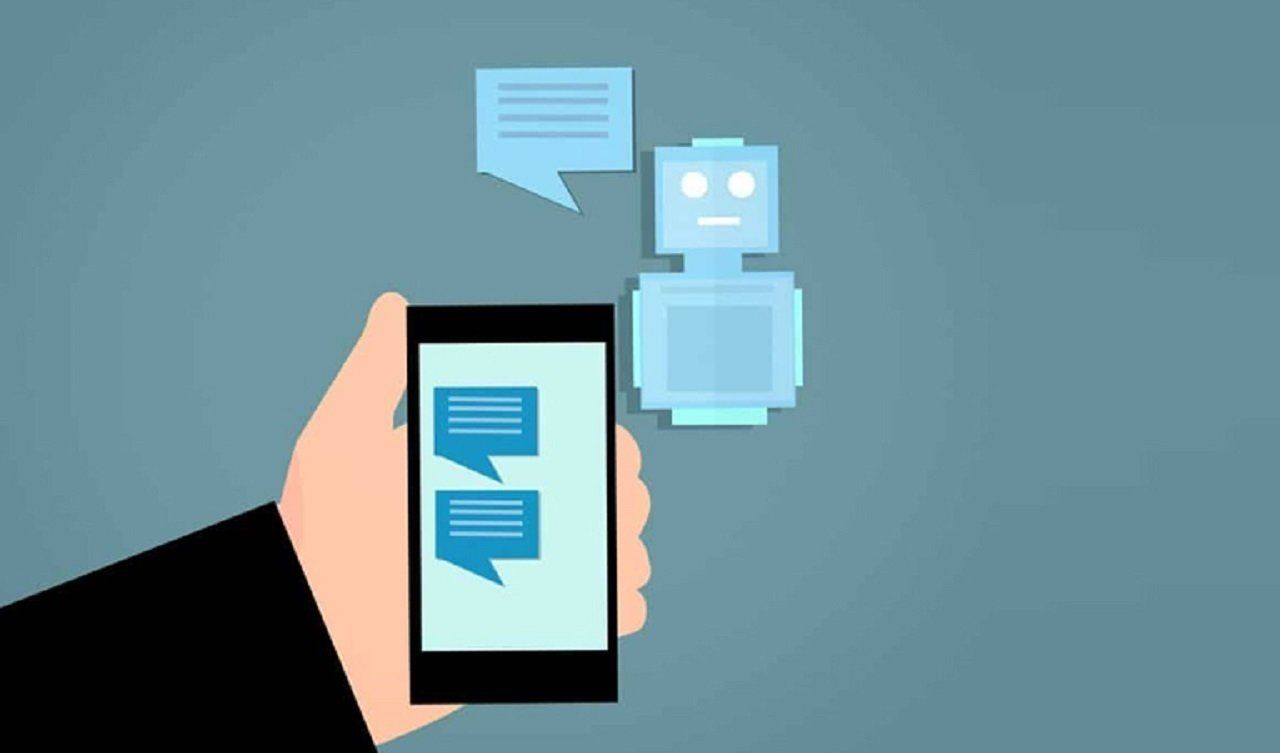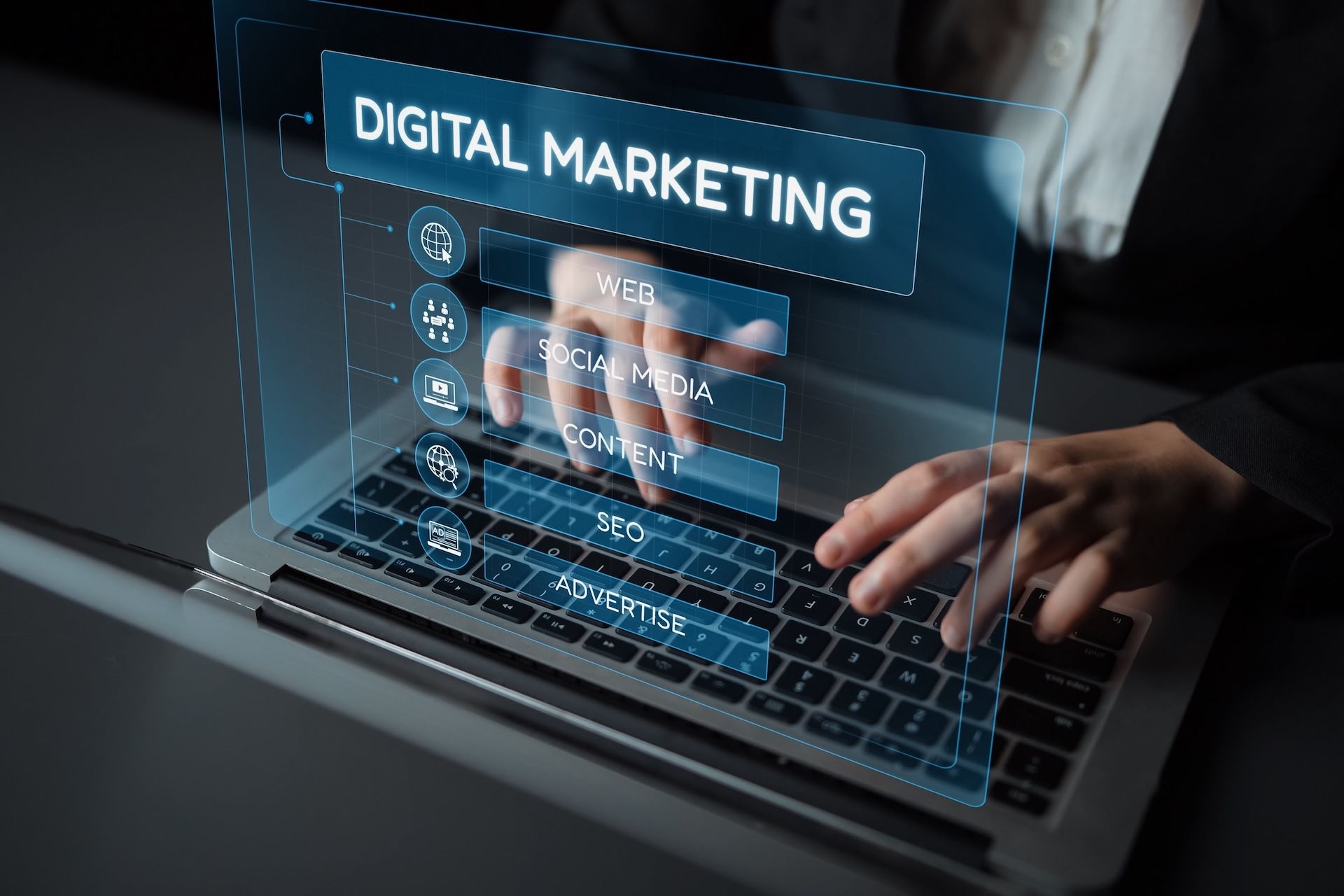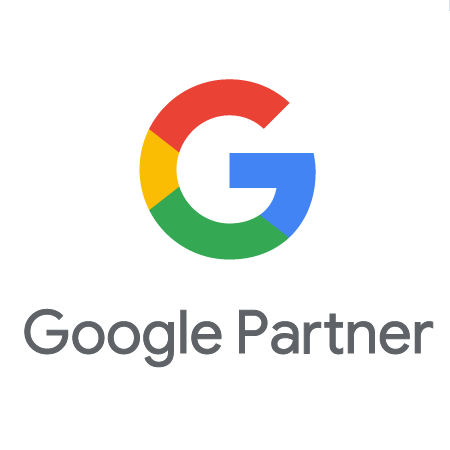Could You Clone Yourself to Do Marketing & Legal Work at Same Time?

In our last blog, we began a discussion about “chatbots” on Facebook Messenger. This blog will continue with that discussion, but we take a broader focus on chatbots in general, and how they can help your law firm’s bottom line.
The Challenge of Handling Cases While Trying to Find More Cases to Handle
As lawyers, you have an age-old struggle on your hands. You need time to do legal work, which requires focus, energy, and attention to detail. You also need time to do marketing work, which requires focus, energy, and attention to your network of potential leads. For both tasks, you need one finite resource – time . Good legal work takes time. Fruitful marketing work also takes time.
You can be the best legal tactician in the world, but without any clients, that skill is lost entirely. You can have a lot of clients, but without the legal skill and experience to represent them, you will not have a lot of clients for long.
So, how do you tackle that challenge of trying to do two things at once – practice law and market to potential clients? If you want to keep up with the competition, and you do not have the large law firm resources to throw more people at the problem, then you need to start thinking about chatbots – because other small- to mid-sized law firms are doing just that.
There is a saying that ‘if a robot can do it, a robot should do it.’ Or, as physicist Michio Kaku once said, “the job market of the future will consist of those jobs that robots cannot perform.”
So, with that in mind, any mundane, repetitive task in marketing that can be automated, should be automated.
Is a Chatbot Just for Chatting?
Just to refresh your memory on what a chatbot is from our last blog, a chatbot is generally a computer program that automates a task, or a conversation. So, a chatbot is not just for chatting but can do any number of automated tasks online.
While chatbots are relatively new to us in the marketing world and the online world in general, you may be surprised to learn that chatbots have been around since the early 1960s. In MIT’s Artificial Intelligence Laboratory, the first chatbot, ELIZA, was developed (it is likely that the name ELIZA was used as a tribute to Eliza Doolittle in George Bernard Shaw’s play Pygmalion – and the musical from which it was adapted, My Fair Lady – which was a story about a professor who taught Eliza how to speak English properly).
ELIZA was a natural language program that simulated conversation using a “pattern matching” and substitution methodology, which gave users an illusion of understanding on ELIZA’s part. ELIZA, like the chatbots of today, relied on pre-programmed scripts that allowed ELIZA to converse with a user based upon the parameters of those scripts. The only main difference between ELIZA and the chatbots of today is that today you do not need the help of a bank of room-sized computers. Now, all you need is your smartphone.
Chatbots really only recently hit the scene online. In 2016, Facebook allowed chatbots on their Messenger platform, which increased their use considerably. In 2018, there was a large consolidation of many chatbot applications into larger, more established companies, which is a sign that chatbots are here to stay. By 2020, business watchers predict that 25 percent of all customer service operations will use chatbots.
Why Do I Need a Chatbot?
You and your law firm need a chatbot because your website is not doing as much as you may think it is. Lawyer websites typically have very high “bounce rates.” A “bounce rate” is the percentage of people who visit only one page of a website and then move on. On average, users visiting a law firm site visit 1.5 pages of the site before moving on. Is there a way to capture those bouncing users before they bounce?
Yes, a chatbot, if done properly, can be a compelling way to allow a user to immediately engage with your firm. Simply, a chatbot on your website can start a conversation with a user to find out why the user has visited the page.
There are some services that can have a live person on the other end of that chat conversation, yet those services are not always able to have someone available to chat 24-7. Further, if you have multiple users who wish to chat, then you will quickly run out of living people to handle the volume.
Chatbots alleviate those issues. Chatbots provide:
1. Immediate engagement . Your “live” chatbot to converse with users can function 24-7, and can handle thousands of chat conversations at a time. That will keep users on your website because someone has, on some personalized level, immediately engaged with the user.
2. Customizable scripts . The scope of your chatbot’s conversations with users can be as broad or as narrow as you wish. Your chatbot can help users quickly find FAQs about a certain area of the law, or provide office hours and directions, or screen a user before scheduling an appointment.
3. Analytics and data . Unlike a live phone answering service, chatbots can keep track of information about the users expressing an interest in your law firm. It is especially powerful to know where your website visitors are from, what information or area of specialization they are most interested in, and the number of those who scheduled a consultation compared to those who did not.
Oamii Will Assist with Your Chatbot Technology
A chatbot is not a “set-it and forget-it” type of technology. It is part of a marketing strategy, and it requires continuous monitoring so you can learn from and improve your chatbots. As noted at the beginning of the blog, most lawyers do not have the bandwidth to handle such marketing focus. That is why you should consider hiring an experienced law firm marketing agency like Oamii .
For decades now, we have provided effective digital law firm marketing through the West Palm Beach region. At Oamii , we make sure that our clients are getting the very best in digital law firm marketing strategies because we keep our eyes on the marketing horizon.
If you want to learn more about partnering with Oamii as your digital law firm marketing agency in South Florida, please fill out our
online contact form , or call us at
561-228-4111 today.
Disclaimer: The information on this website and blog is for general informational purposes only and is not professional advice. We make no guarantees of accuracy or completeness. We disclaim all liability for errors, omissions, or reliance on this content. Always consult a qualified professional for specific guidance.








